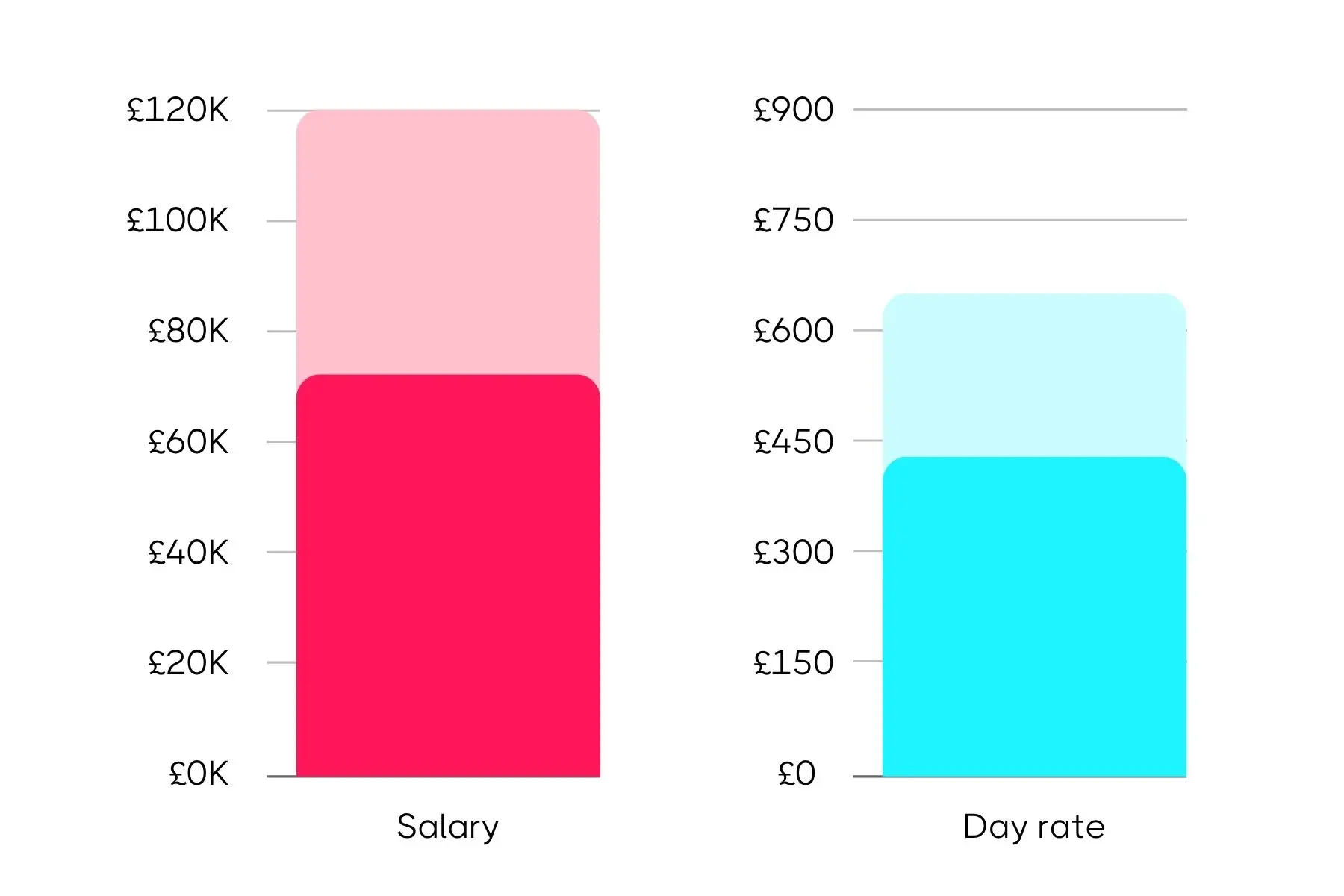Head of Digital job description
This page reveals key information about the Head of Digital Marketing role. Keep reading to learn the core responsibilities, salary information and how to approach digital marketing recruitment.
Head of Digital
This page reveals key information about the Head of Digital Marketing role. Keep reading to learn the core responsibilities, salary information and how to approach digital marketing recruitment.
The Head of Digital is responsible for growing a business' digital marketing strategy to drive customer acquisition and retention.
In this leadership role, they oversee resources, budget, and team to ensure the successful execution of the digital strategy. This includes the management of all channels, including CRM, social media, analytics and performance marketing.
While the role may change based on company needs and digital experience, a typical week will include:
To hire a Head of Digital, you should look for the following skills and experiences in candidates:
The average salary for a full time Head of Digital is £70,000 - £120,000. For a contractor, you can expect to pay a day rate of £400 - £650.
Salary changes depending on the industry, company size and years of experience. For more information, download our digital marketing salary guide.

To progress their careers, a Head of Digital Marketing can pursue the following job titles.
Experience as the Head of a Digital Marketing team allows for a smooth transition into a Director role. As a Digital Marketing Director, you will allow take your skills to the next level. You will be responsible for researching industry and market trends, helping the business stay ahead of their competitors. Overall, your insights will contribute to strategic campaigns and provide long-term digital success.
Learn moreLooking to hire a Head of Digital? Get in touch to see how we can help!
